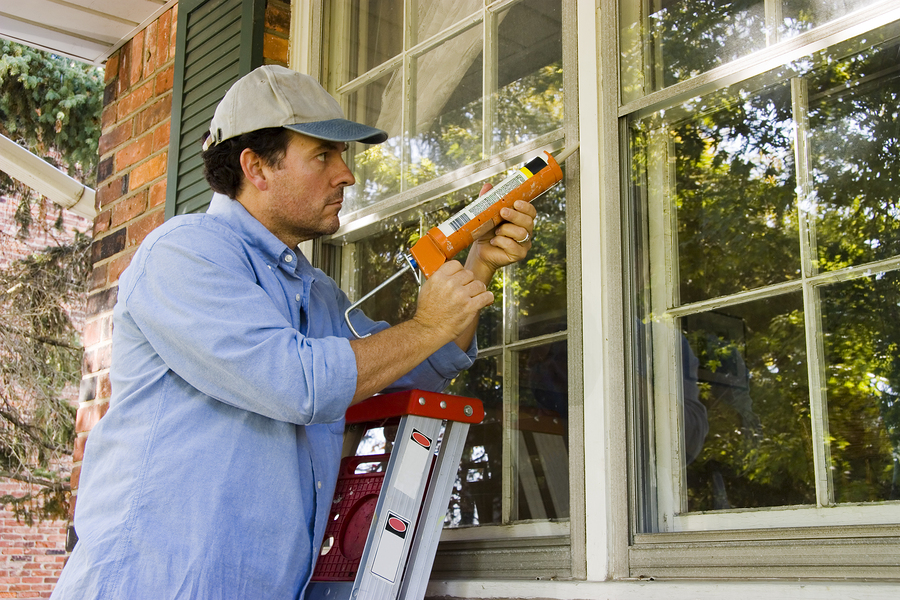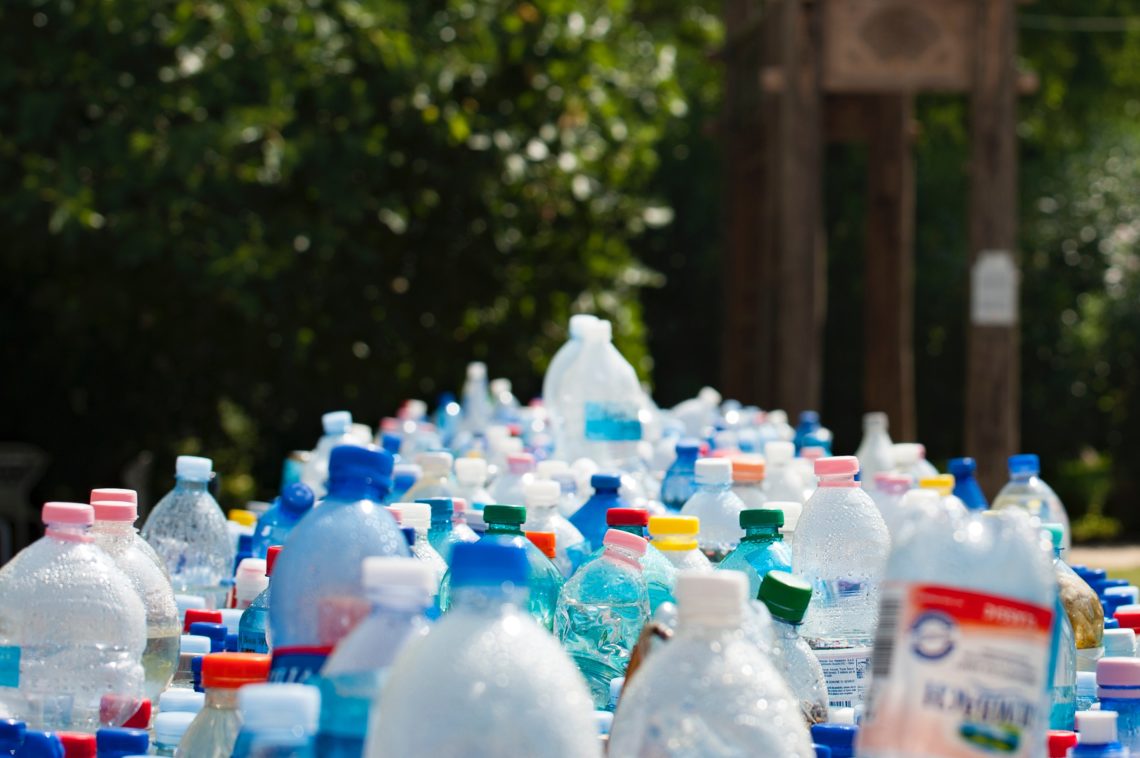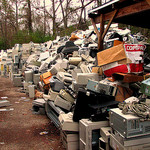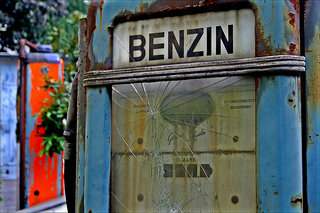Despite your efforts to shut out the cold weather, sometimes warm air escapes through windows, doors and other openings, thereby causing temperatures to drop inside.
-
-
5 Eco-Friendly Ways Startups Can Help the Environment
Making your office environmentally friendly might seem like a luxury, but give it some thought and don’t push it to the background.
-
The Impact of Recycling
Americans spend and average of $51,000 on household expenditures per year. Most are for items which end up as trash and goes to the landfill.
-
8 Ways to Reduce Your Water Waste
Water is wasted waiting for the shower or sink to warm up, on the slow leak you have in the toilet bowl that you never knew about and from sprinkling your lawn every day.
-
Radon, an Invisible, Odorless Northwest Issue
Portland and Vancouver have a radon issue– one that has been here for thousands of years–and it is not going to go away. The soil in the Willamette Valley, much of Clark County, and the Columbia River Gorge has a granite component, Ice Age material brought down the Columbia River from Montana repeatedly between 10,000 and 12,000 years ago, during the Missoula Floods. It is found as sand, gravel, cobblestones, even boulders. This granite, mixed into the upper layers of our soil, contains uranium, which breaks down naturally over time and produces radon gas. Invisible and with no smell, radon is drawn upward into our homes (regardless of architectural style,…
-
How to Stop Energy from Leaking out your Windows & Doors
In an economy struggling to recover, businesses and individuals alike are trimming costs wherever possible. Many homeowners are choosing to put their budgets on a diet — and a good place to start eliminating unnecessary costs is with energy use. Most homeowners pay dearly for the convenience of appliances, climate control, and electric lighting. Among the top home energy expenses are heating and cooling. There are ways, however, to reduce the cost of these conveniences with little effort. Climate Control By far, the largest energy expense in the home is space heating, which accounts for 45% of home energy usage. Cooling accounts for another large chunk. Together, these two forms…
-
Dealing With Computer Scrap
Waste prevention is the ideal situation and it is the most preferable solution to manage waste, recycling included. Used and functional electronic items can be donated to extend the functionality of products and keeps them out of the waste management system for an elongated period of time. Donating used electronics allows educational institutes and not for profit organizations to take advantage of an additional source of infrastructure and there are plenty of electronics recycling opportunities in Portland: You can recycle your e-waste for free through Oregon E-Cycles, or donate to Free Geek, which will put your used equipment to work as a community educational tool. A working computer with a current operating…
-
Five Reasons Why an Environmental Site Assessment is Important
(If You Are Looking to Buy a Commercial Property) Investing in commercial real estate can be risky. Returns on the investment are dependent upon the constantly changing real estate market, natural hazards, loan terms, and/or the success of tenants, to name a few. One of the biggest risks can be related to the potential for environmental liabilities related to a property. Environmental liability can have enormous financial ramifications for an owner, and can feasibly affect the ability to lease or utilize a property. Therefore, environmental due diligence, specifically a Phase I Environmental Site Assessment (ESA), is a critical step in choosing the right property. Investors and users alike may focus…
-
Kickstart Eco-Friendly Health Habits
It’s hard to change lifestyle and dietary habits so we can be more energized and live longer. When we’re motivated, change can be easy and good habits can develop, especially if we’ve reached a point where our bad habits have become painful enough that we seek relief. Even if we’re motivated, we still need to overcome certain habits that can be difficult to alter. Here are some strategies that you can use to kickstart those healthy habits, all the while maintaining an eco-friendly body and environment: Meditate and Take Time off Meditation is designed to calm you down and center your energy so you are more aware, more at peace…
-
Remotely Monitor Your Home Energy Use
Dial In Your Home’s Temperature from Anywhere Whether your home’s heating and cooling system runs on natural gas, coal, nuclear power, geothermal, wind, or solar, maximizing the system’s efficiency will benefit both you and the environment. Of course, there is plenty that we can do to our homes to control their climate more effectively: Improving insulation and eliminating gaps around doors and windows is a good place to start. The biggest factor in lowering heating and cooling bills, however, often boils down to our own behavior. Fortunately, technology is making the control of building temperature far easier than ever before, and a lot more fun! Remotely programmable thermostats are quickly…









